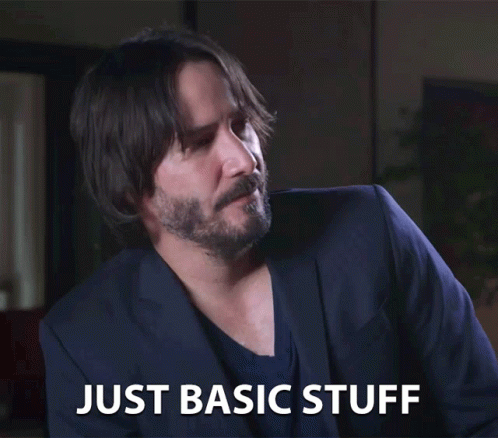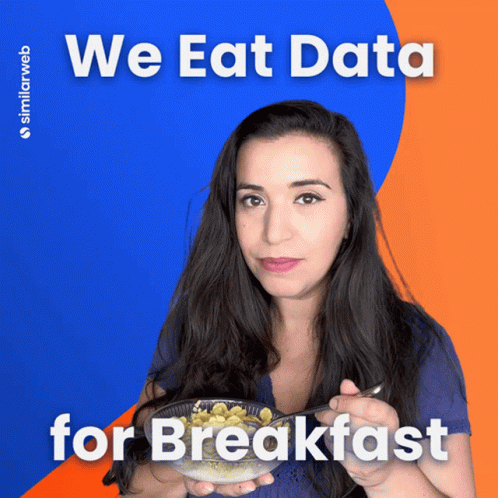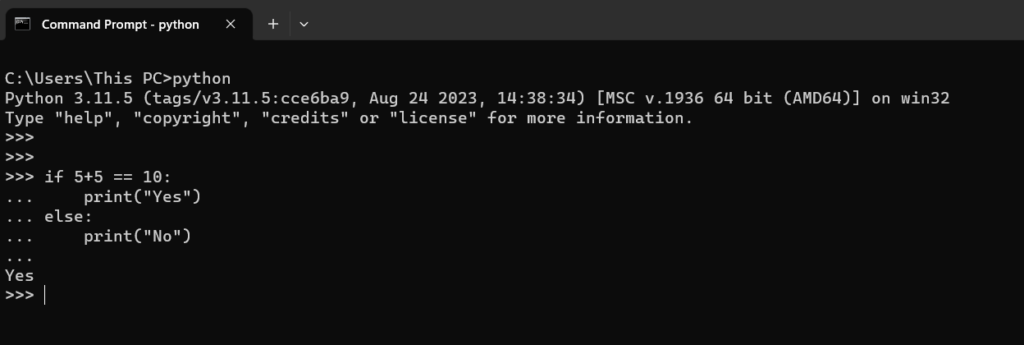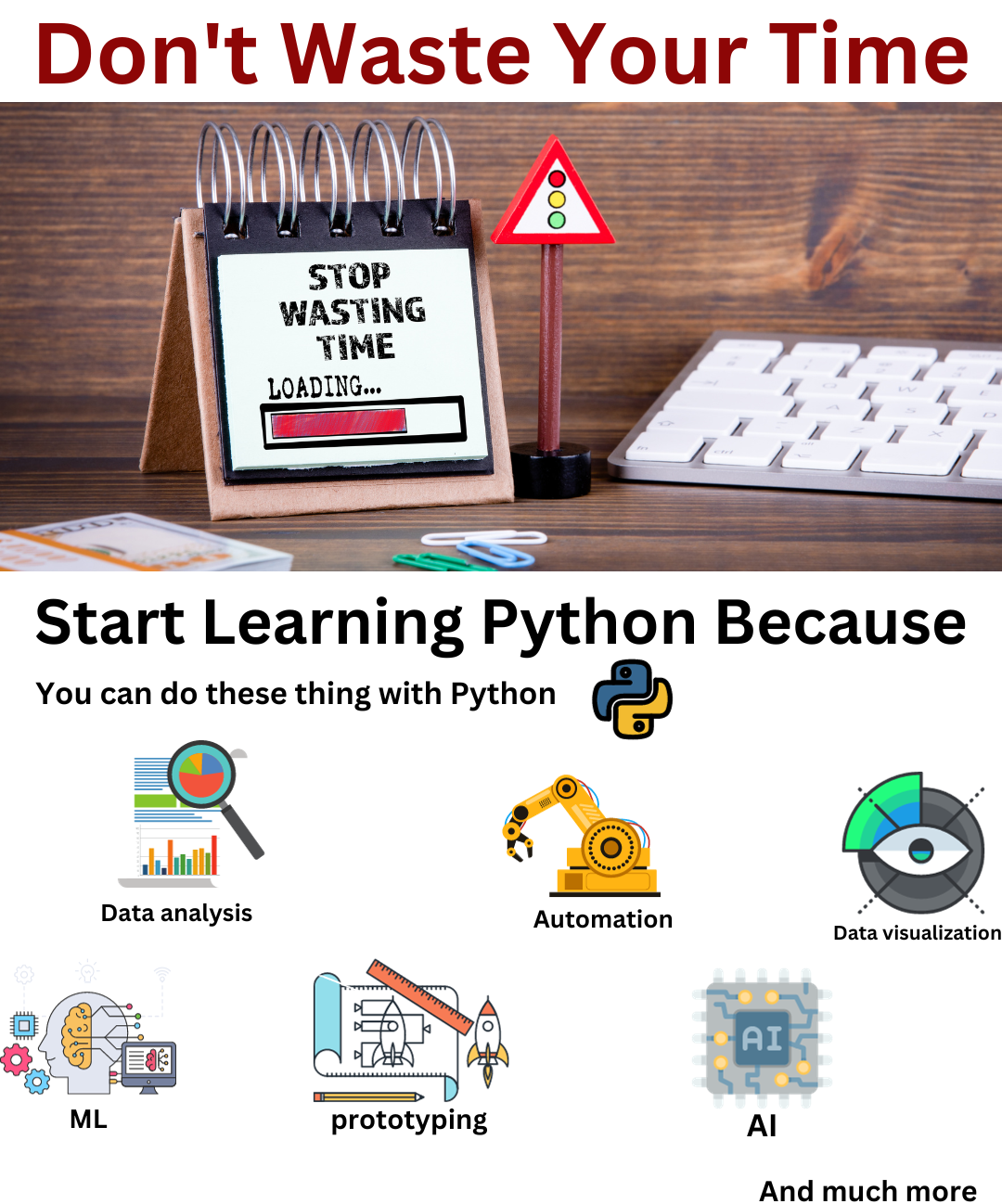
Hello friends, welcome again, today, we will see what should be the complete Python Roadmap for beginners in 2024. In this Python Roadmap for beginners, we will see what a Python Beginner should learn and how many days he should learn. Also, you can not get a job by just learning Python, you need to learn more like web development using Python or something else. There are many fields in the IT industry, after learning Python you should learn advanced Python skills for the IT industry in specific fields like web development or machine learning. Now, let’s start.
Join Us On WhatsApp1. Installing Python and running your first Program: Day 0

To run Python on your system, you should first install it on your system using this link. Click here for the direct download link(version 3.12.0). After installing Python, open your terminal and type python — version

I have the 3.11.5 version of Python so it’s showing this for me but for you, it should show you the version which you installed. Now, let’s write our first Python program i.e. printing “Hello world!”. For this,
- open cmd,
- type python and hit Enter.
- Then type print(“Hello world!”)

All this should take less than 30 minutes(including some minor errors/problems). So, let’s count this time as Day 0.
2. Print statement, Syntax, Comments, and Variables: Day 1

Now, we can actually start learning Python. You can start with print statements, syntax, comments, and variables. A print statement is a significant statement as to show any output of any program in Python, you will need print statement. Then you should learn about syntax and indentation in Python. After learning syntax and indentation, you should learn comments in Python. Comments are generally used to make our program more readable by us and other users. Comments are the statements or lines in our program that are not executed by Python. Now, you should learn variables in Python as they are the most basic part of any programming language. Variables are used to hold different types of data in our program.
All this should be done on Day 1. If you are not exhausted yet and left with more time then I recommend you should practice what you learned. Click here(for part 1) and click here(for part 2) to check the questions and exercises to practice.
3. DataTypes: Day 2

Now, that you learned the very basics of Python, it’s time to go beyond and learn something that does not fall in the category of very basics i.e. datatypes in Python. Unlike C/C++, Python is a dynamically typed programming language where you need not care about the type of data when you declare a variable. You can directly declare a variable in Python like this myVar = “aString”. There are many types of data in Python but the most common of them are numbers, strings, lists, tuples, dictionaries, sets, booleans, None, etc.
Learning all these data types will take around 10 days. But learning is not sufficient, practicing is also very important, so click here to practice questions based on strings, lists, tuples, dictionaries, sets, etc.
4. Conditional statements: Day 12

Now, you can go ahead in your journey of learning Python and start learning conditional statements. Conditional statements involve some keywords like if, else, and elif. Conditional statements allow us to control the flow of our program based on certain conditions. For example:

Learning and practicing conditional statements will take around 3 days. Click here to practice conditional statements in Python.
5. Loops: Day 16

Loops and conditional statements allow us to control the program flow and that’s why they are also called control flow statements. There are 2 types of loops in Python for loop and while loop. Both are equally important but while learning Python, you will find yourself using for loop more than while loop.
Learning and practicing loops will take around 3 days. Click here to practice loops in Python.
6. Functions: Day 20

If you have read about programming at least 5%, you may have listed what functions in programming. The definition of functions is very simple, you define a block of code under a name and you can call it any number of times. Functions promote reusability and make our code more readable and fast. It also saves our time by increasing reusability. Lambda is a concept in Python that comes under functions.
Learning and practicing will take around 2 days but let’s consider it 3 days. Click here to practice functions and lambda in Python.
7. OOP in Python: Day 23

OOP stands for object-oriented programming. Starting with OOPs means you have cleared your basics of Python. OOP is based on real-world problems. Object in OOP means real-world objects like table chairs, cars, persons, houses, planets, computers, etc. Working with OOP will make you learn how to implement programming in the real world to solve real-life problems. OOP promotes the reusability of code and makes our code fast and more readable.
OOP is not a small concept in Python and this may take around 10 to 15 days alone. Click here to practice OOP in Python.
8. Important Python Libraries: Day 39

There are many reasons to learn Python and one of them is its libraries. A library is a collection of related modules in Python. A module is a Python file with a .py extension. Python is rich in libraries and it has many libraries and sometimes many libraries for the same work. Libraries make Python a good choice. For example, if you want to do machine learning, then you can do it by learning Python’s machine learning-related libraries like NumPy, Pandas, Scipy, Scikit-learn, Theano, Keras, PyTorch, etc. Similarly for other fields like web development, automation, etc. So, we can easily say that Python has a superpower i.e. libraries.
There are many libraries in Python but you should learn basic and required libraries for now like os, math, random, tkinter, cmath, etc. Learning these libraries may take around 10-12 days.
9. Version Control System: Day 45

Version control system is an important skill that everyone should learn if they are in the IT industry. The most important is git among all. The version control system helps us to maintain our code while we progress. We can switch to different versions and branches of our code anytime. It also helps us to make big projects by allowing us to collaborate on projects which makes it an even more important skill. I also have experience with VCS and I can tell you this is a very important skill.
Learning VCS may take around 2-3 days.
10. Make Python projects: Day 49

Without projects, your skills can not be properly expressed. Many IT companies hire freshers and they consider which projects you made. Projects are very important to make yourself fluent in Python. You should start to make a project from the beginner’s level and go until you apply all your Python skills. I will suggest you choose a field like web development or machine learning or something else and then make projects for that specific field which will help you get your first job. If you have projects in your resume then your resume will stand out from others.
Time for making projects can not be decided as you can always develop projects from time to time, first for learning and then in your job time.

